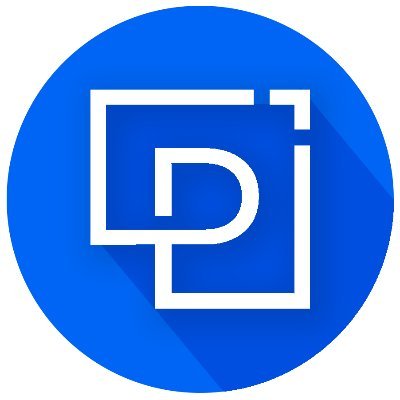The veteran Web3 content platform Mirror has been acquired, analyzing its transformation journey and the new social product Kiosk
Author: Nan Zhi, Odaily Planet Daily
On May 2, the Web3 content publishing platform Mirror announced its acquisition by Paragraph. The Mirror team will continue to operate independently and will focus on developing Kiosk, a Web3 social application based on Farcaster. Mirror's parent company, Reflective Technologies Inc., revealed that it has raised $10 million from Electric Capital, with additional support from a16z crypto, Union Square Ventures, and Variant.
Mirror launched its beta in 2021 and quickly became an important creation platform and tool in the Web3 space. However, due to various factors such as positioning, development path, and product, its market share rapidly declined. Currently, the main official content and creator platform is Medium, while Paragraph, as Mirror's main competitor in the Web3 creator space, has successfully completed its acquisition. Odaily Planet Daily will interpret the past and present of Mirror and its latest product, Kiosk, in this article.
The Past and Present of Mirror
Mirror was founded by former a16z crypto partner Denis Nazarov. At the end of 2020, Mirror released its initial product prototype, storing content on Arweave. Most people understood it as a Web3 version of Medium or Substack, a "decentralized" content publishing platform. However, this was not particularly outstanding in terms of technology and imagination, as the content creation platform market was already a red ocean. What innovative path did Mirror want to rely on to stand out?
At that time, Mirror's answer was toB, serving as a crowdfunding and media tool for DAOs. Mirror's self-analysis that year was: "This is the essential Web3 toolkit for sharing and funding anything. From writing about your latest idea to building a home for the next big DAO."
So besides content creation, what other functions does Mirror provide?
First, Mirror supports selling NFTs for works. If users purchase this NFT, it will serve as a tip for the creator (Mirror takes a 2.5% cut). Additionally, it supports direct crowdfunding for projects and the issuance of tokens.
In short, Mirror hopes that all projects needing crowdfunding will publish, raise funds, and update information on direction and progress through its platform. Notable examples include The Krause House (crowdfunded 1000 ETH, already soft rug), the movie Ethereum: The Infinite Garden (crowdfunded 1035 ETH), and the wallet Balance Wallet (crowdfunded 883 ETH).
Pure or Functionally Lacking
It is worth noting that in the early stages of the product, Mirror lacked many common features found on content platforms. This includes subscription, readership, and portal functions; creators could not directly analyze and promote their work, and readers or users found it difficult to track directly. Creators needed to rely on other platforms for promotion, while subscription and analysis functions required third-party tools.
The Mirror team believed that these were application-layer needs and hoped to leave them to the community, with the team only focusing on building underlying services. Since data is published on Arweave without any restrictions, all developers and users can access the data, so "advanced" products and feature iterations in the ecosystem are left to the community.
However, delegating the development of these functions to the community does not mean that the Mirror team is laissez-faire; they will communicate with teams that develop excellent Mirror add-on products and invite them to join Mirror DAO to co-build the ecosystem.
Route Wobbling
Mirror achieved impressive data and results in the aforementioned toB field, but in August 2022, Mirror announced the removal of all NFT and crowdfunding-related features, returning to the pure toC red ocean. However, the following year, they reintroduced the Subscribe to Mint feature. This series of puzzling operations may be related to the team's location in the United States and the impact of regulatory pressure, but the truth remains unknown.
On the other hand, the narrative of DAOs is no longer as hot as in the bull market of 2021, with crowdfunding and token issuance products emerging one after another. Under the combined influence of various factors, Mirror gradually lost market share.
Turning to Kiosk
After Paragraph acquired Mirror, Paragraph will take over the management of Mirror's products, design system, and branding. The Mirror team will shift its focus to Kiosk, a Web3 social application based on Farcaster.
Currently, Mirror has not disclosed project details. Odaily has整理ed key content from existing materials as follows: "Kiosk is a new Farcaster client that combines social interaction with on-chain transactions. It allows users to engage in on-chain socializing while conducting on-chain transactions. Through Kiosk, users can easily convert images into NFTs, discover and purchase assets collected by friends, and gather like-minded collectors and community members in token-driven channels or group chats.
The goal of Kiosk is to break down the barriers between on-chain socializing and on-chain transactions, enabling users to trade and interact more seamlessly on social media, thereby promoting the development of decentralized social media."
Based on the above content, it can be seen that the product aims to empower users to issue and trade assets on social media, with the target audience shifting to the community. Currently, users can enter the Waitlist by minting the NFT of the official announcement article in Mirror.












